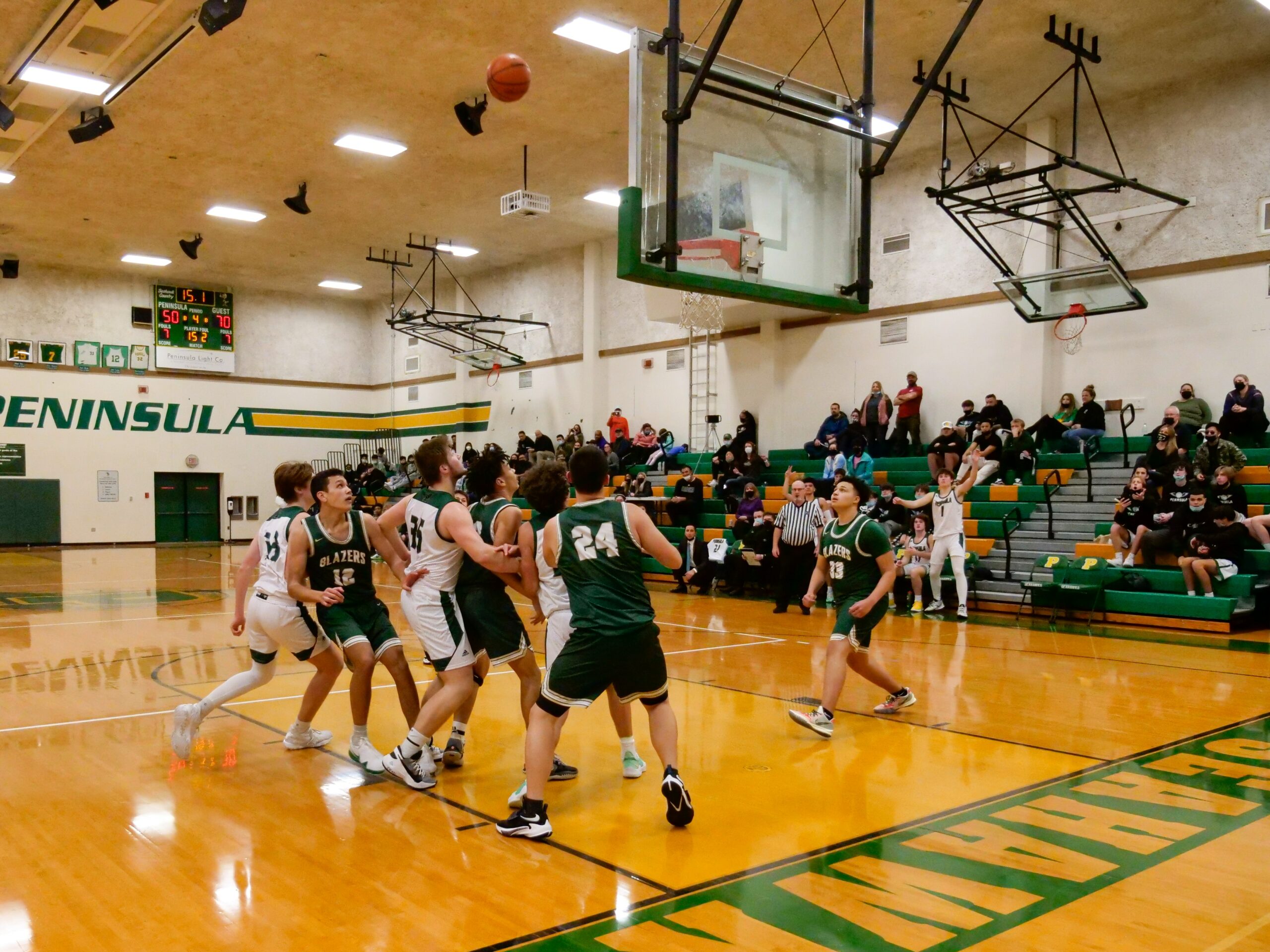The Underrated Game-Changer: The Importance of High School Basketball Players Getting Enough Sleep
Introduction:
High school athletes are constantly striving for peak performance on the court. They invest countless hours in skills training, strength training, and hopefully on their diet. However, one vital aspect that often goes overlooked in their pursuit of hoops excellence is sleep. Adequate sleep plays a crucial role in the overall well-being and athletic performance of an athlete. In this article, we shed light on the importance of young athletes getting enough sleep and the significant impact it can have on their games.
Enhanced Physical Recovery:
Sleep is an essential component of the recovery process for young athletes. During sleep, the body repairs damaged tissues replenishes energy stores, and releases growth hormones that promote muscle growth. Proper rest allows the body to recover from strenuous workouts, reducing the risk of injuries and improving overall physical performance. Young athletes who prioritize sleep enjoy a faster recovery time, increased stamina, and heightened muscular strength.
Mental Alertness and Cognitive Function:
Adequate sleep not only rejuvenates the body but also revitalizes the mind. Today’s young basketball player striving to reach peak performance faces a demanding schedule that involves juggling academics, sports, and social commitments. Insufficient sleep impairs cognitive function, attention span, and decision-making abilities. Conversely, getting enough sleep enhances memory consolidation, creativity, and problem-solving skills. Athletes who are well-rested demonstrate improved focus, reaction time, and mental clarity, enabling them to excel both on and off the court.
Injury Prevention:
As we all know, injuries are detrimental to an athlete’s performance and long-term goals. Sleep deficiency compromises the body’s ability to repair and protect itself, making athletes more susceptible to injuries. Fatigue can lead to decreased coordination, slower reaction times, and diminished muscle control, putting athletes at a higher risk of injury. Prioritizing sleep helps young athletes to maintain their physical resilience and reduces the likelihood of injuries, allowing them to stay on the court longer, and train harder.
Hormonal Balance and Growth:
During adolescence, high school athletes experience significant physical growth and hormonal changes. Sleep plays a critical role in regulating hormone production, including human growth hormone (HGH). HGH is responsible for muscle development, bone strength, and overall growth. Insufficient sleep disrupts the natural release of HGH, hindering muscular development and impeding recovery. By getting enough sleep, young athletes can optimize their hormone levels, allowing for proper growth, strength, and performance enhancement.
Emotional Well-being:
Balancing the demands of sports and academics can be stressful for high school athletes. Sleep deprivation amplifies stress levels, negatively impacting mood, emotional stability, and mental health. Sufficient sleep contributes to emotional well-being, reducing anxiety, depression, and mood swings. It enhances resilience, fosters positive self-esteem, and allows athletes to better manage the pressures they face. A well-rested athlete is more likely to approach challenges with a clear mind and a positive mindset.
How Much Sleep is Enough?
The amount of sleep required for an elite high school athlete can vary depending on individual factors such as age, training intensity, and personal needs. However, the National Sleep Foundation provides general guidelines for different age groups.
For high school students (ages 14-17), the recommended sleep duration is 8-10 hours per night. This range allows for adequate physical and mental recovery, as well as optimal performance in both academics and athletics. It’s important to note that some athletes may require slightly more sleep, especially during periods of intense competition, such as an AAU weekend.
To determine the ideal sleep duration for an individual athlete, it’s crucial to consider factors such as training load, competition schedule, academic commitments, and the athlete’s overall well-being. It’s recommended that athletes establish a consistent sleep routine, prioritizing a regular bedtime and wake-up time to ensure sufficient rest. This is particularly difficult when a young basketball player is on the road competing in a tournament. However, it is important to plan for adequate rest if the player and his or her family want to maximize performance and reduce the risk of injury.
Additionally, athletes should listen to their bodies and pay attention to signs of sleep deprivation, such as excessive daytime sleepiness, difficulty concentrating, or increased risk of injuries. If an athlete consistently feels fatigued despite getting the recommended amount of sleep, it may be beneficial to consult a healthcare professional or sleep specialist for further evaluation.
Conclusion:
High school athletes often push themselves to the limits, striving for athletic excellence. However, in their pursuit of becoming the best player they can be, they must not neglect the importance of sufficient sleep. Adequate sleep provides the foundation for physical recovery, mental acuity, injury prevention, hormonal balance, and emotional well-being. It is a game-changer that can significantly increase a young player toward success both on and off the court. By recognizing and prioritizing the significance of sleep, young players have a better opportunity to reach their full potential, maximize their athletic performance, and laying the groundwork for a healthy and prosperous future in all aspects of life.

